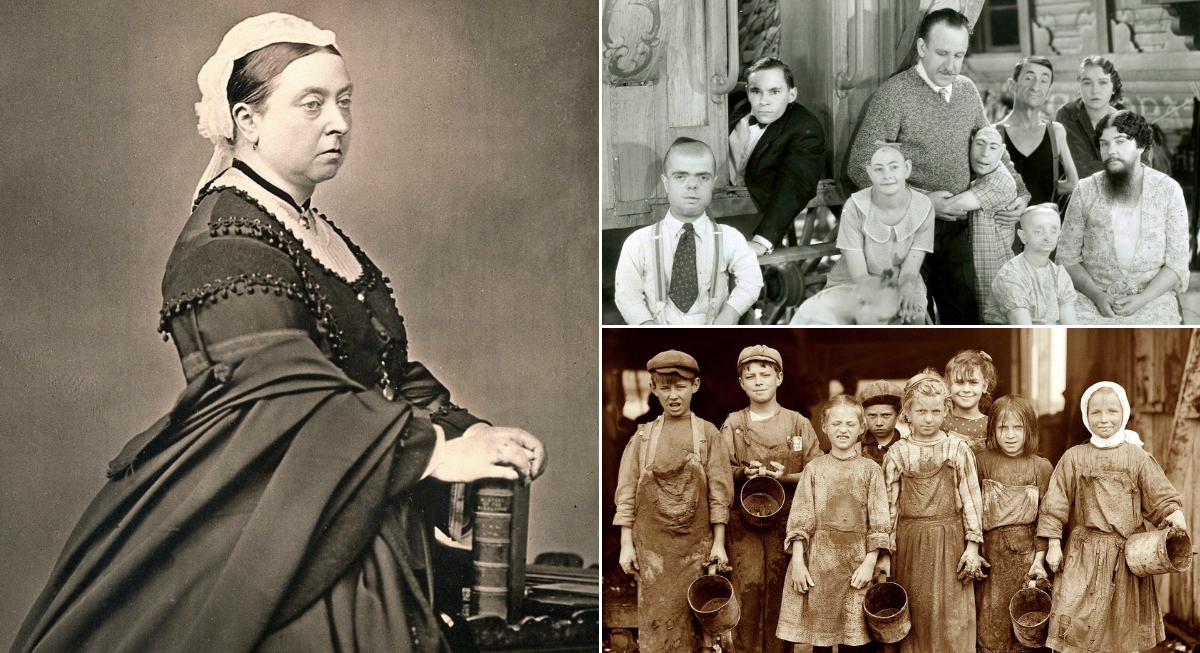Ideas that once seemed practical don’t always hold up over time. Many boomers were raised with values that made sense back then, but the world has changed. Younger generations face a different economy, new technology, and shifting mindsets.
Here are some beliefs that still linger—but may no longer apply.
Owning a Home Is Always the Smartest Investment

Credit: Getty Images
Rising home prices and high borrowing costs have made buying a house less of a milestone and more of a hurdle. It doesn’t always build wealth, especially for those who move often, deal with major repairs, or stretch to afford it. Renting is not a failure. In fact, it can be a smart and flexible choice.
Talking About Money Is Rude

Credit: Getty Images
Avoiding money talk can leave you unprepared for real-world financial decisions. Staying silent creates more confusion than clarity, whether it’s discussing debt, splitting expenses, or negotiating pay.
A College Degree Guarantees a Great Job

Credit: Canva
A diploma is not always equal to job security or a great salary. Many well-paying jobs rely more on skills, certifications, or experience than on four-year degrees. High tuition and student debt have forced people to rethink what higher education really delivers and how many paths exist outside the traditional route.
You Should Stay at the Same Company for Life

Credit: studioroman
Sticking with one employer was once a sign of commitment and stability. Today, it can mean missing out on new opportunities, higher pay, or a better fit. The purpose of job-hopping is to find work that matches your values, growth goals, or needs in each stage of life.
Buying in Bulk Saves Money

Credit: pexels
The idea of stocking up to save money has existed for decades, but not every household benefits from it. Products can expire, take up space, or go to waste. Buying in smaller amounts or when things are actually needed helps households cut back without overspending or overstocking.
Retirement Means Stopping Work Entirely

Credit: Getty Images
A lot of Boomers imagined retirement as a final phase of rest. But a higher number of individuals continue working in some capacity, through part-time jobs, consulting, or passion projects. Some do it by choice, others out of necessity. Either way, modern retirement combines income, purpose, and flexibility rather than a full stop.
Cash Is the Safest Way to Pay

Credit: Getty Images
Carrying cash once felt secure, but other tools offer better protection. Digital payments can be tracked, frozen, or disputed if something goes wrong. Building credit, earning rewards, and managing expenses have become easier with technology. Cash still works—but it’s not the safest or most efficient option anymore.
Tipping Is Optional Depending on the Situation

Credit: Getty Images
Service workers often depend on tips to meet basic income levels. It is essential for workers whose wages depend on it. There are a number of servers, delivery drivers, and other service professionals who tend to rely on tips just to get by. Skipping them is not considered acceptable in most situations.
Mental Health Should Stay Private

Credit: Canva
For much of the older generation, talking about mental health carried stigma. Seeking help was seen as a weakness, and the silence made struggles harder. However, younger generations treat mental health as part of overall wellness. Therapy, support groups, and open conversations are common and encouraged.
The Customer Is King

Credit: pexels
This old saying gave shoppers too much control and service workers too little. Being a customer doesn’t excuse rudeness or unreasonable demands. Politeness matters on both sides of the counter, and more businesses are backing up their staff when lines are crossed and customers act entitled.
Marriage Should Come Before Everything Else

Credit: pexels
Boomers were raised with a clear timeline: marriage first, then everything else, but that model has shifted. Individuals now build careers, travel, or live together before tying the knot—if they marry at all. Personal milestones are more flexible, and relationships follow different paths than they used to.
Real Work Only Happens at the Office

Credit: Getty Images
Remote work has proven that productivity goes beyond sitting at a desk from nine to five. Focus, accountability, and collaboration can happen from anywhere—if the tools and trust are in place. People care more about results than location, and for many, that balance has improved their work and their lives.
It’s Too Late to Change Careers After 40

Credit: Canva
Midlife isn’t too late to start something new. Plenty of individuals return to school, change industries, or launch businesses after 40. Technology, flexible training, and new priorities have made second or third careers more common than ever. Starting fresh is not tied to youth nowadays.
Saving Money Means Cutting Every Extra

Credit: Canva
Cutting back on every small joy in the name of saving often backfires. Budgeting works best when it allows for the occasional dinner out, a favorite hobby, or a vacation. Long-term financial health includes balance, not just restrictions. Feeling deprived can lead to burnout and overspending later.
Being Busy Means You’re Doing Well

Credit: Icons8 Photos
A packed schedule can look impressive, but nonstop activity often leads to burnout. Productivity improves when there’s time to pause, reset, and refocus. Rest fuels better decisions and stronger performance. Instead of measuring success by how full the day is, people now prioritize how well they show up in the moments that count.





